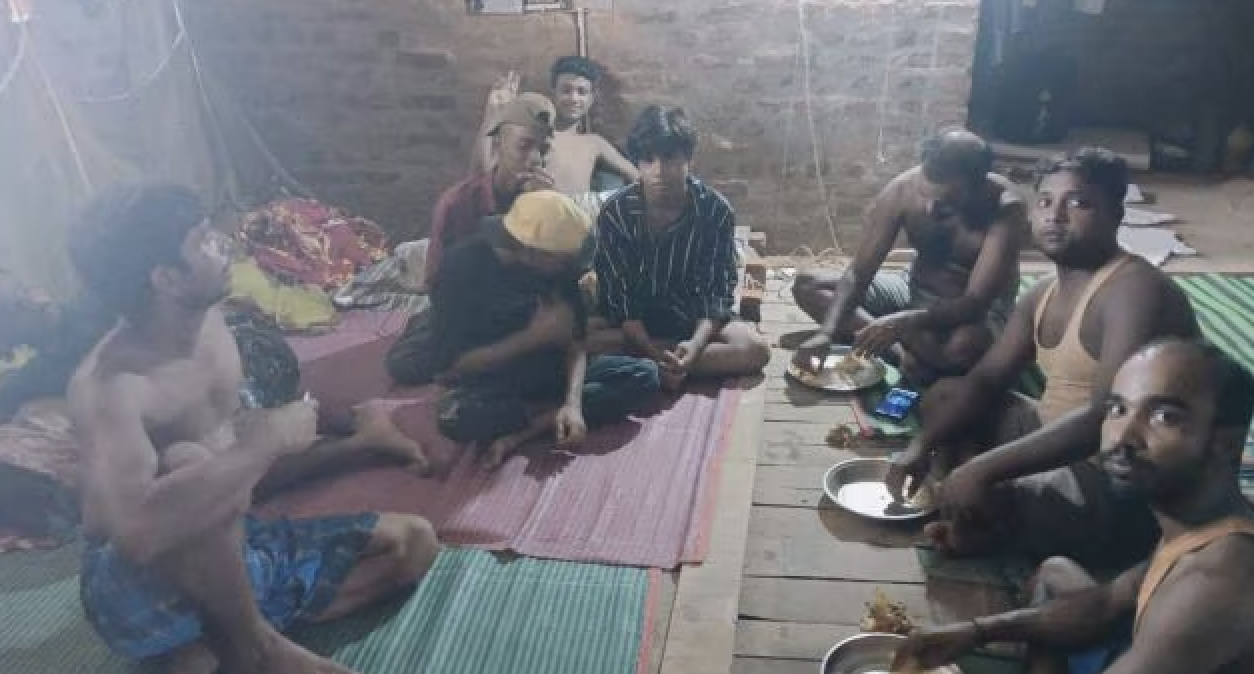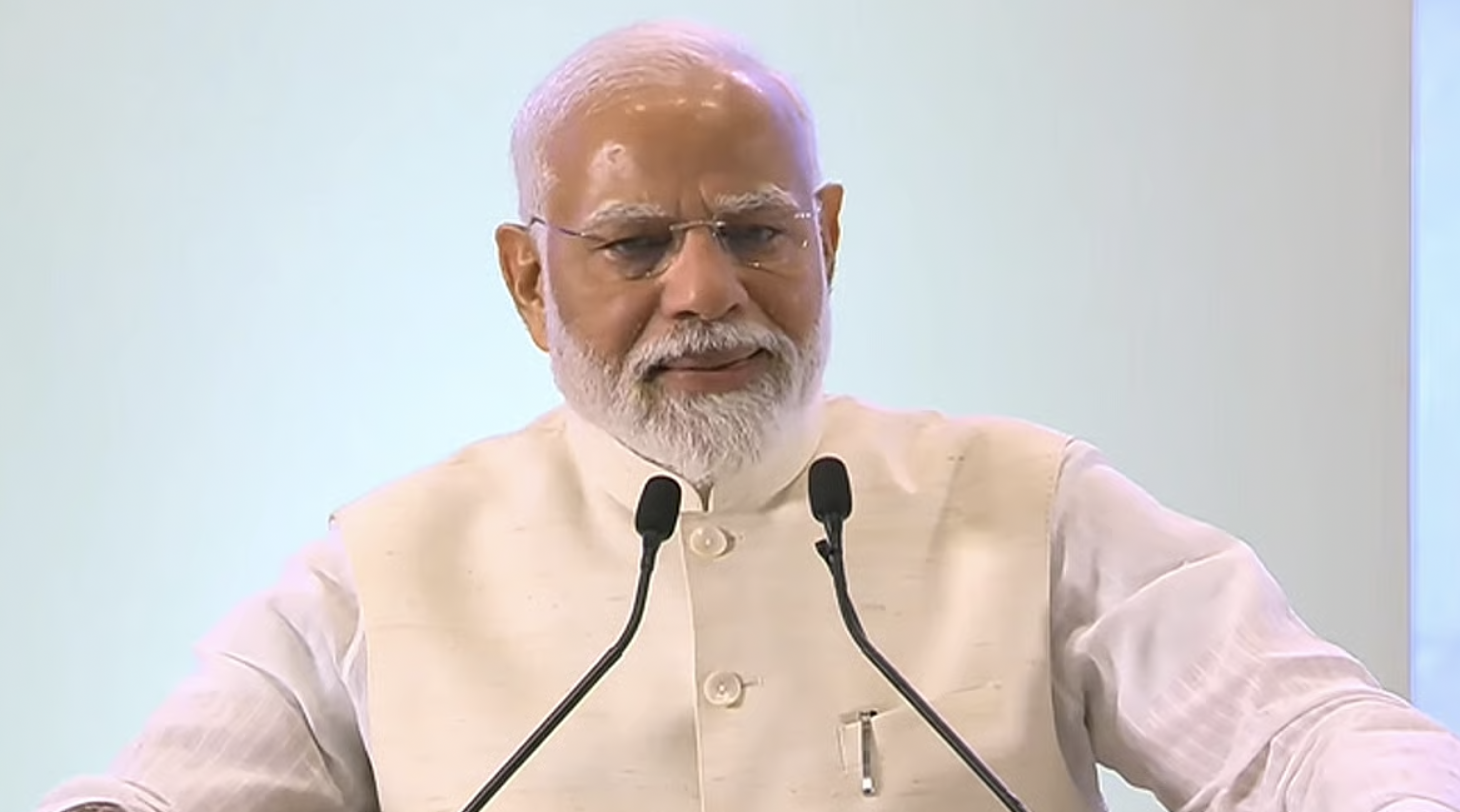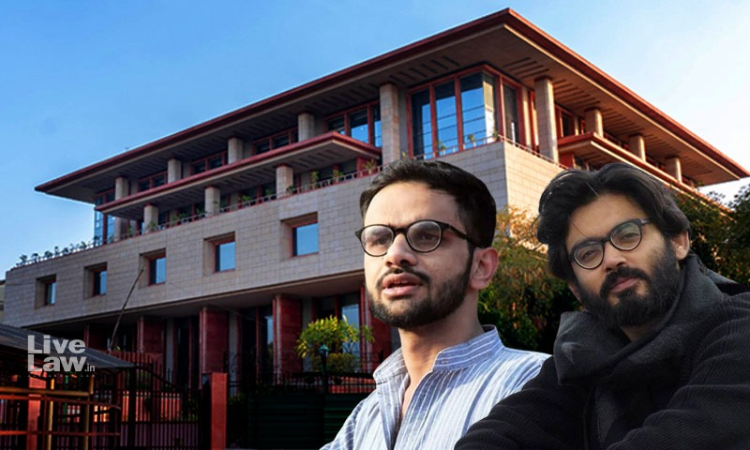Chitralekha Zutshi’s direct and rather devastating conclusion that “in the end, Abdullah’s life illustrates that it was impossible to be both a patriotic Kashmiri Muslim and a loyal Indian at once” should set the cat among the pigeons. This is an existential issue even today. More so now, not just for the political leadership but also for the people of Kashmir. While unlikely to trigger an introspection on either side, the book could not have come at a more appropriate time. If not a happy coincidence, it has to be a clever marketing plan of the publishers to release it around the time of the Supreme Court verdict on rescinding the special position of Jammu and Kashmir.
The protagonist of the book, Sheikh Mohammad Abdullah, personified the body and embodied the soul of that special position. In Zutshi’s words, “It was Abdullah who built his entire career around Kashmir’s special status within India, promoting himself as the protector”. He is credited (or as some would argue, discredited) with having driven the plot of Jammu and Kashmir’s accession to India on specific terms which, though diluted over the years, became the rules of engagement from 1951 till 2019.
While Sheikh Abdullah, who self-confessedly lived all his life with the uncertainty of “India unilaterally changing the relationship and coercing the state into a more subservient position in the future”, died in 1981, his political legacy was buried by the Indian State in 2019 and an uncharitable epitaph was written by the highest institution of civil society, 2023.
This story was originally published in kashmirlife.net. Read the full story here .






